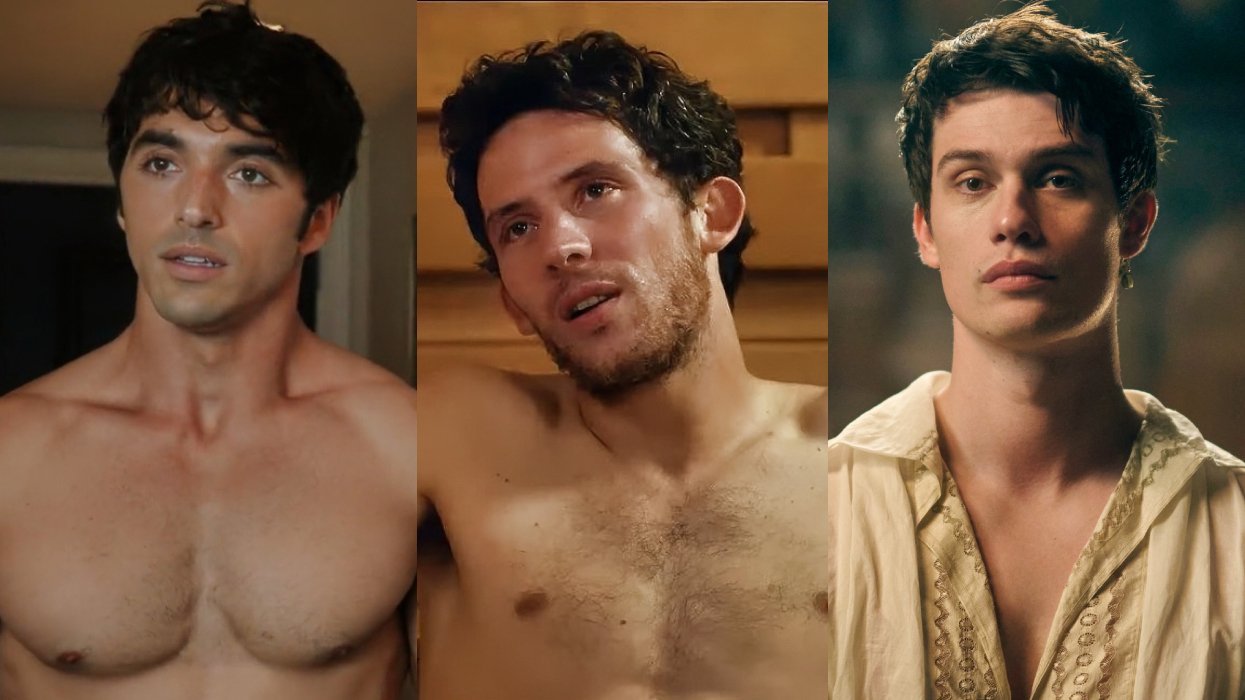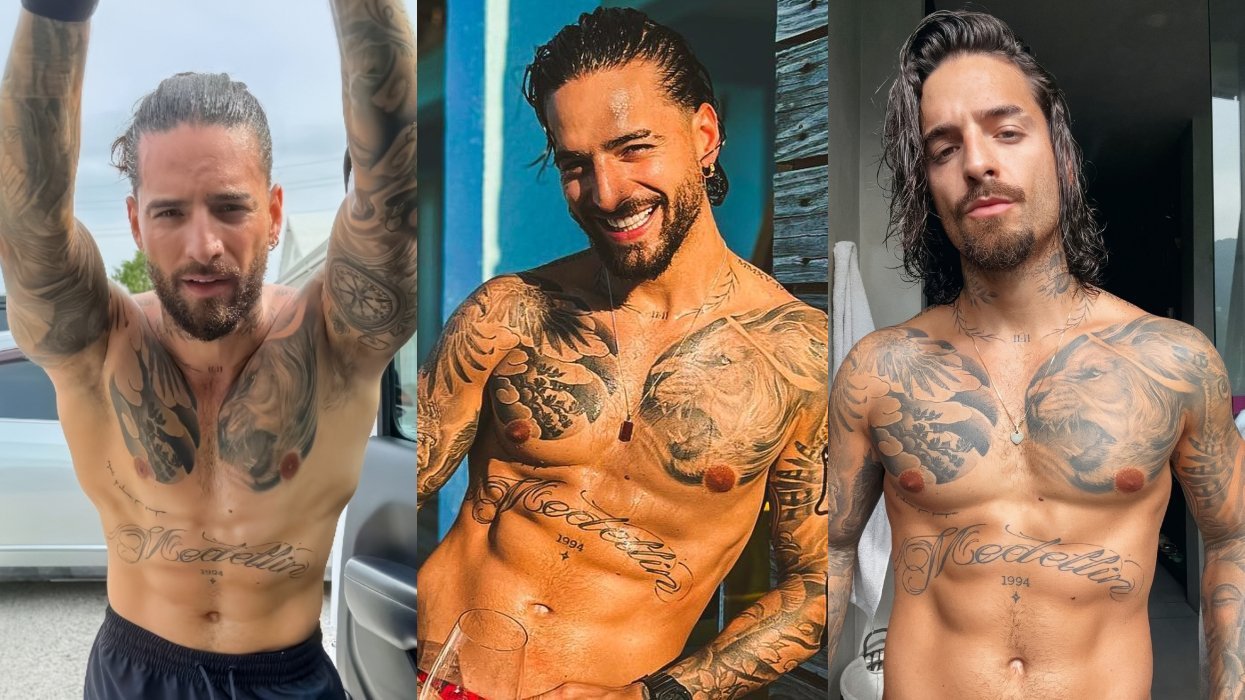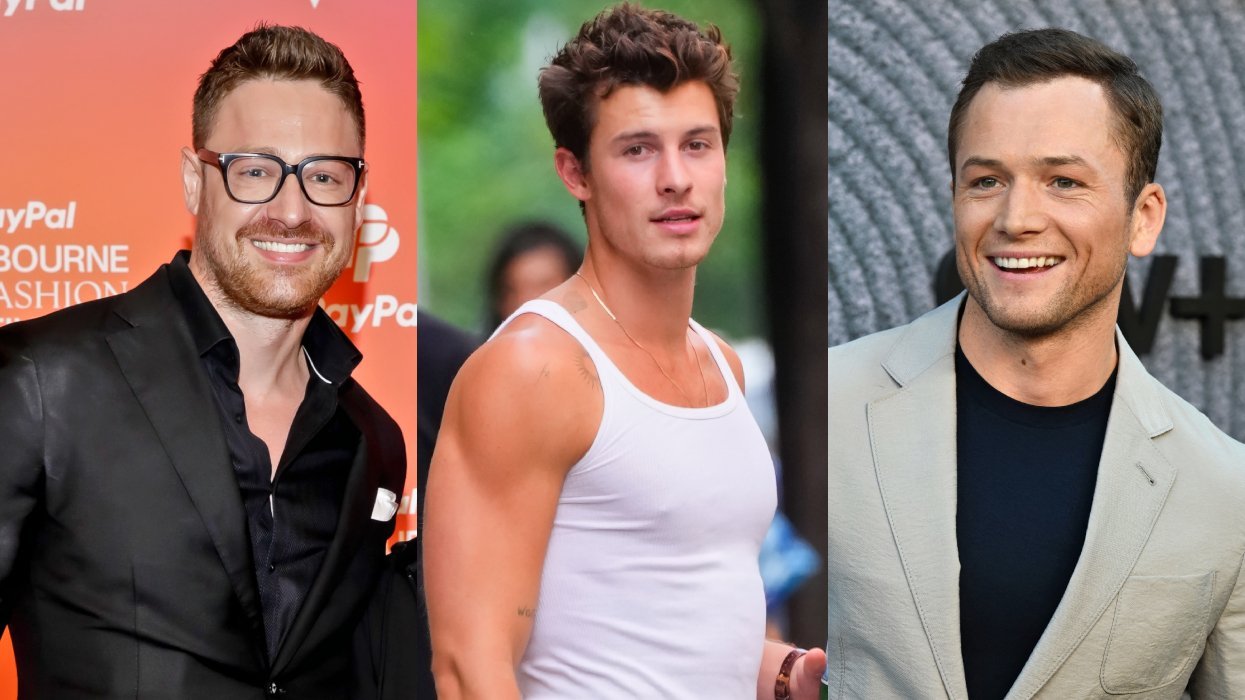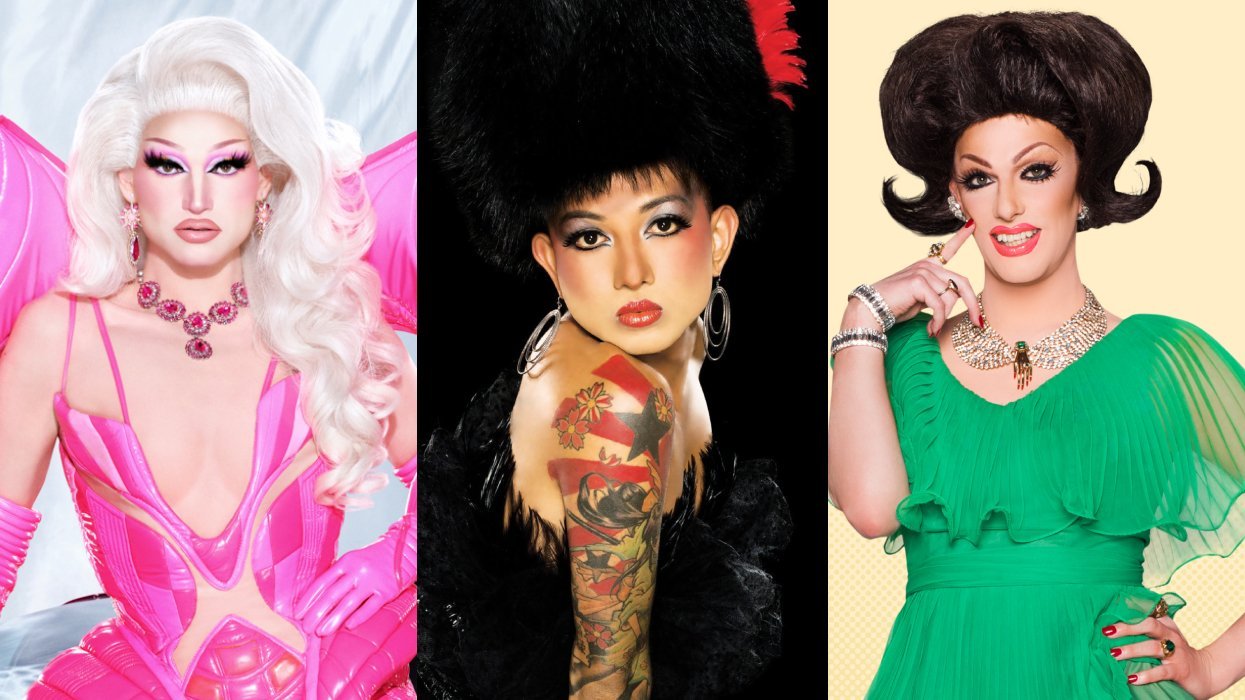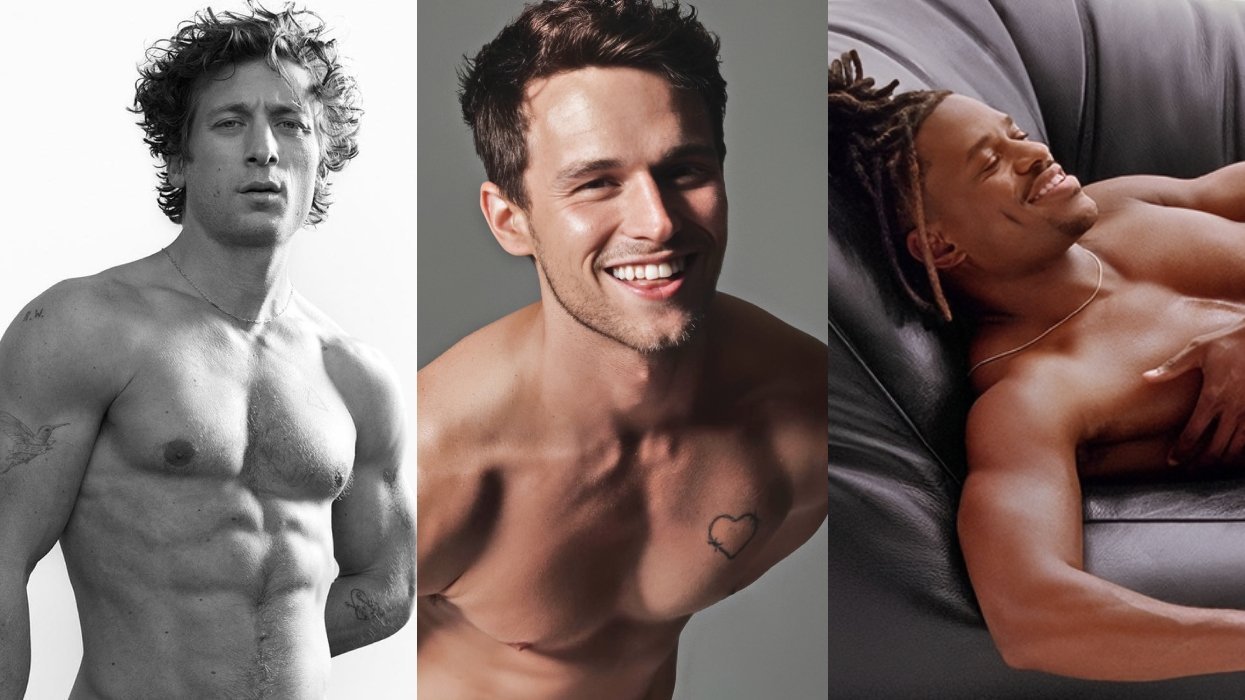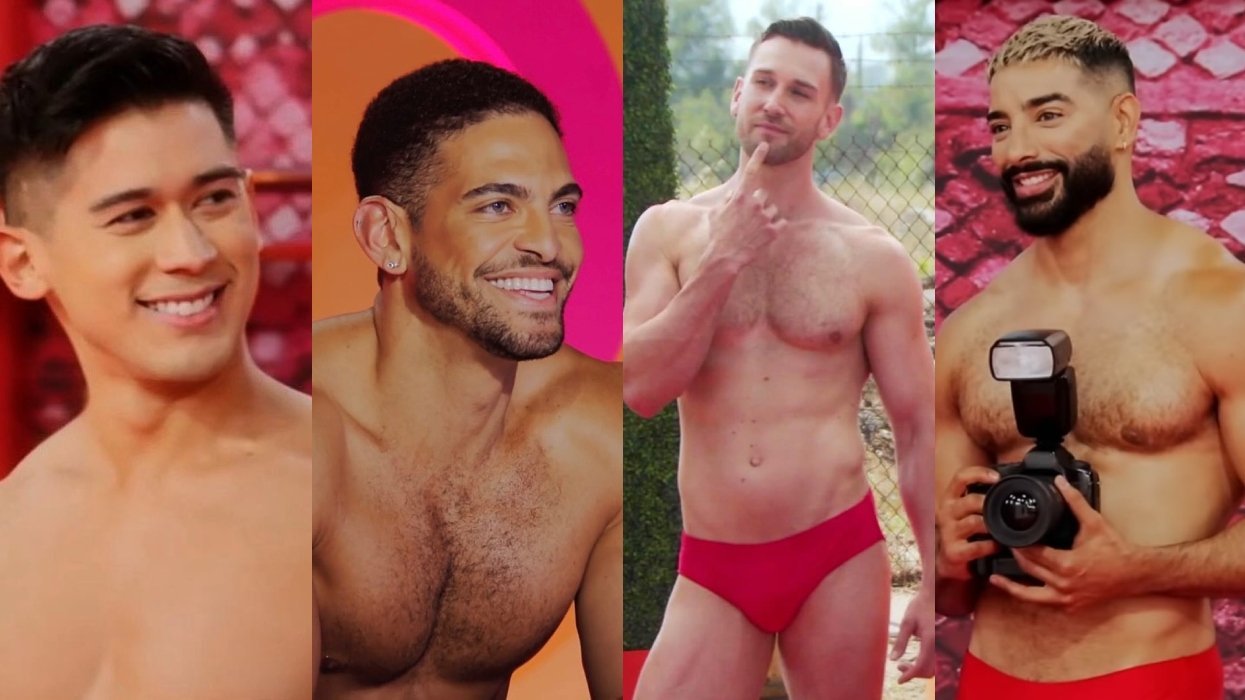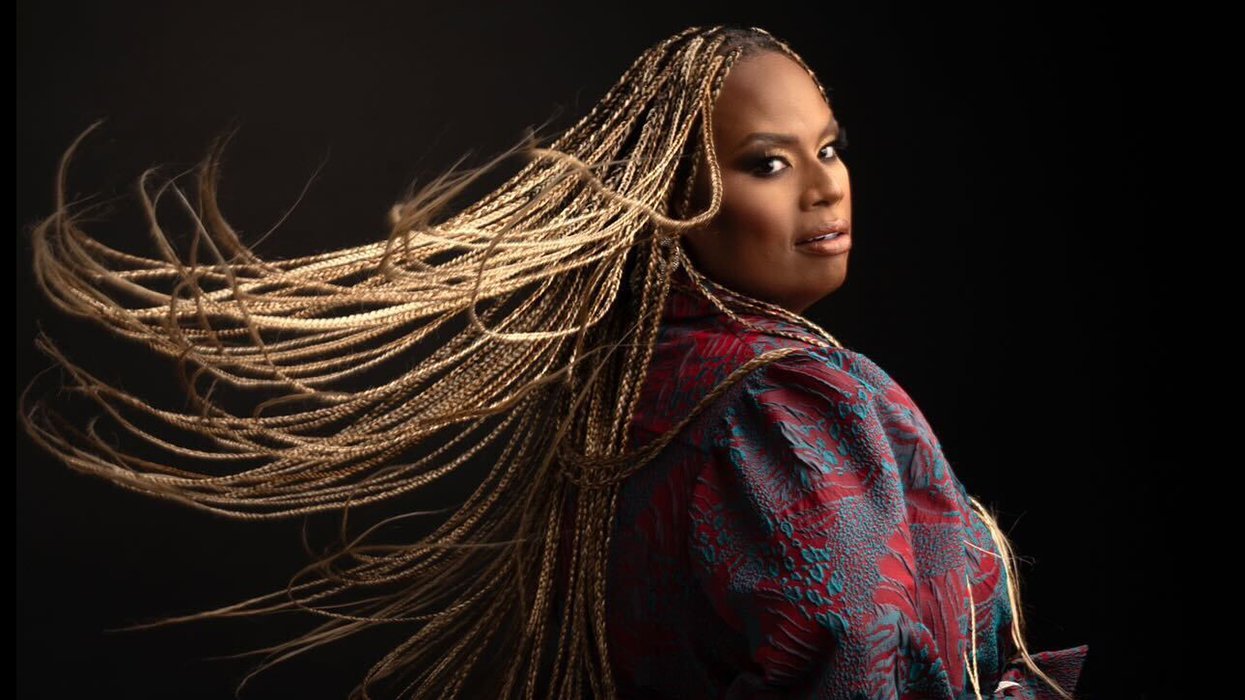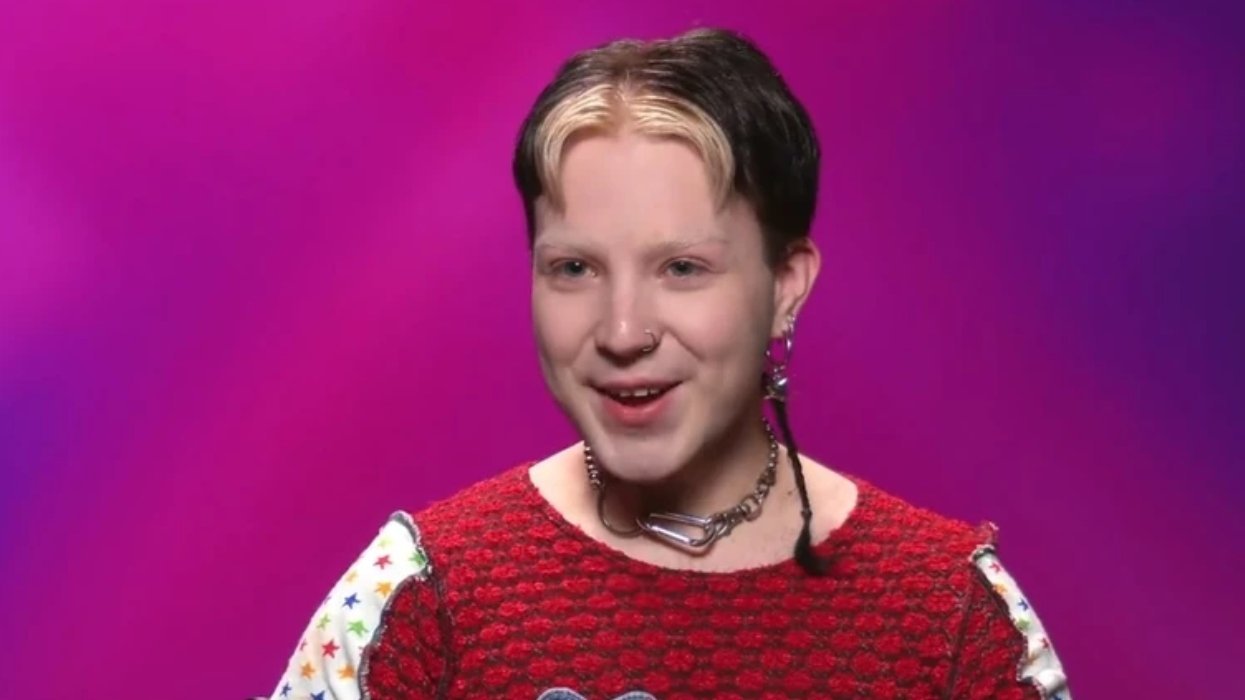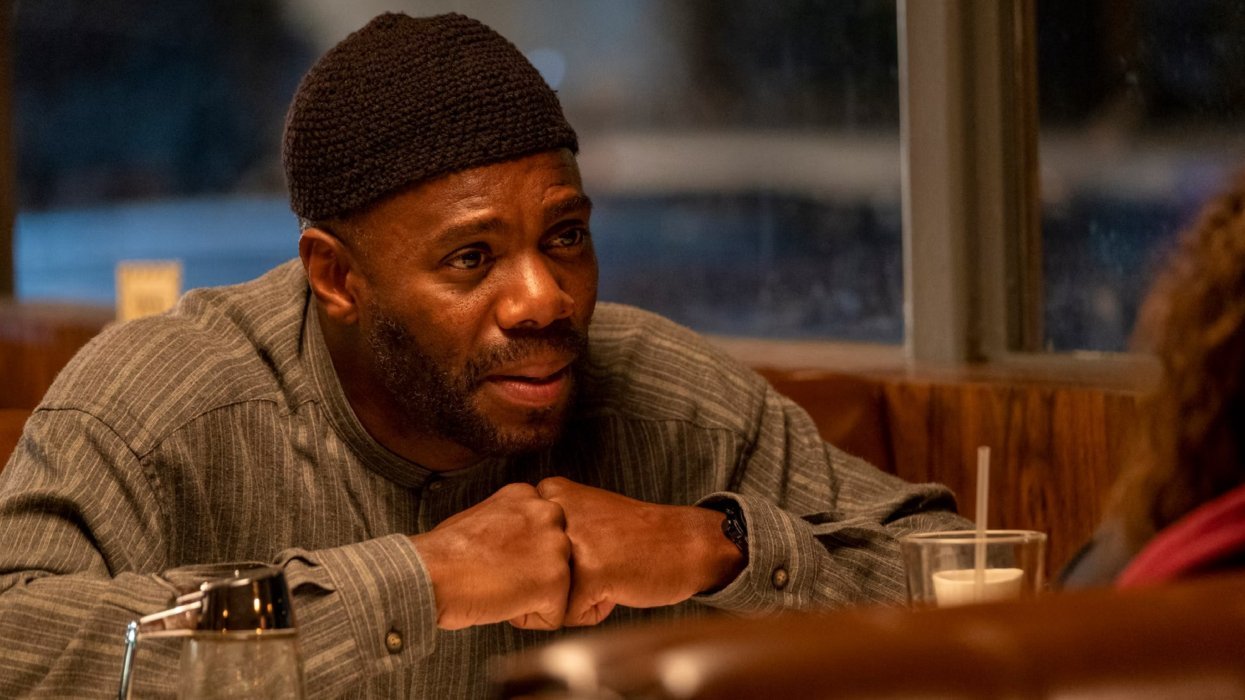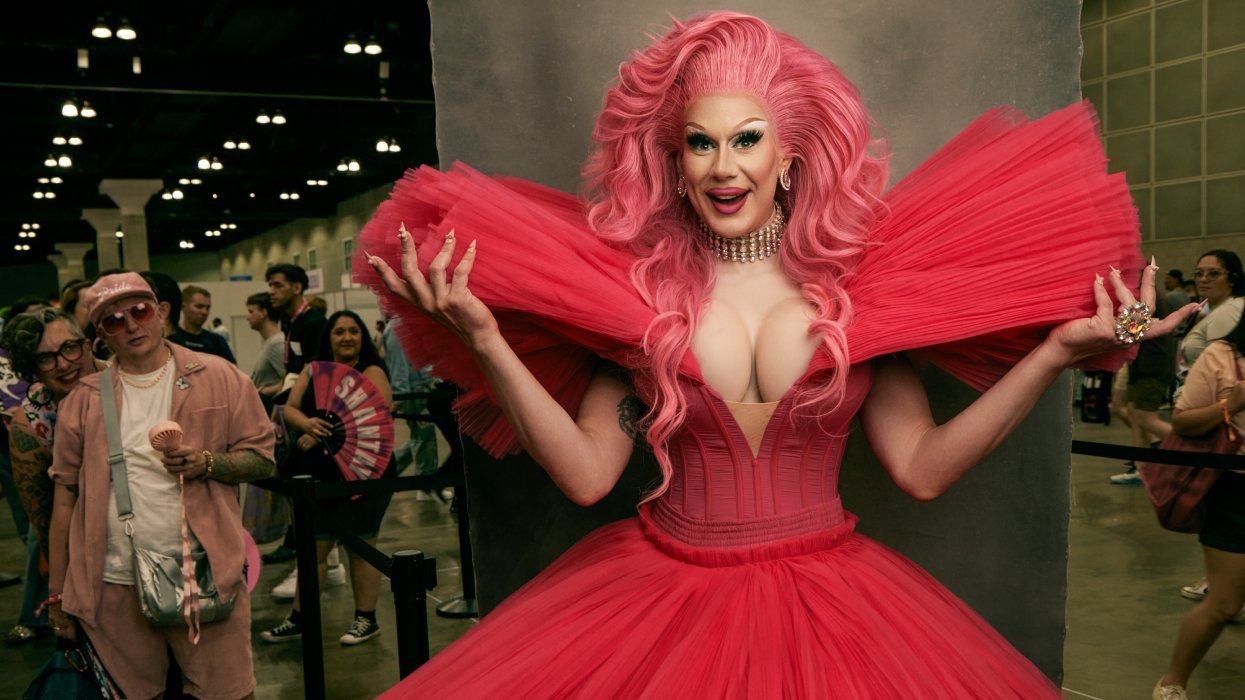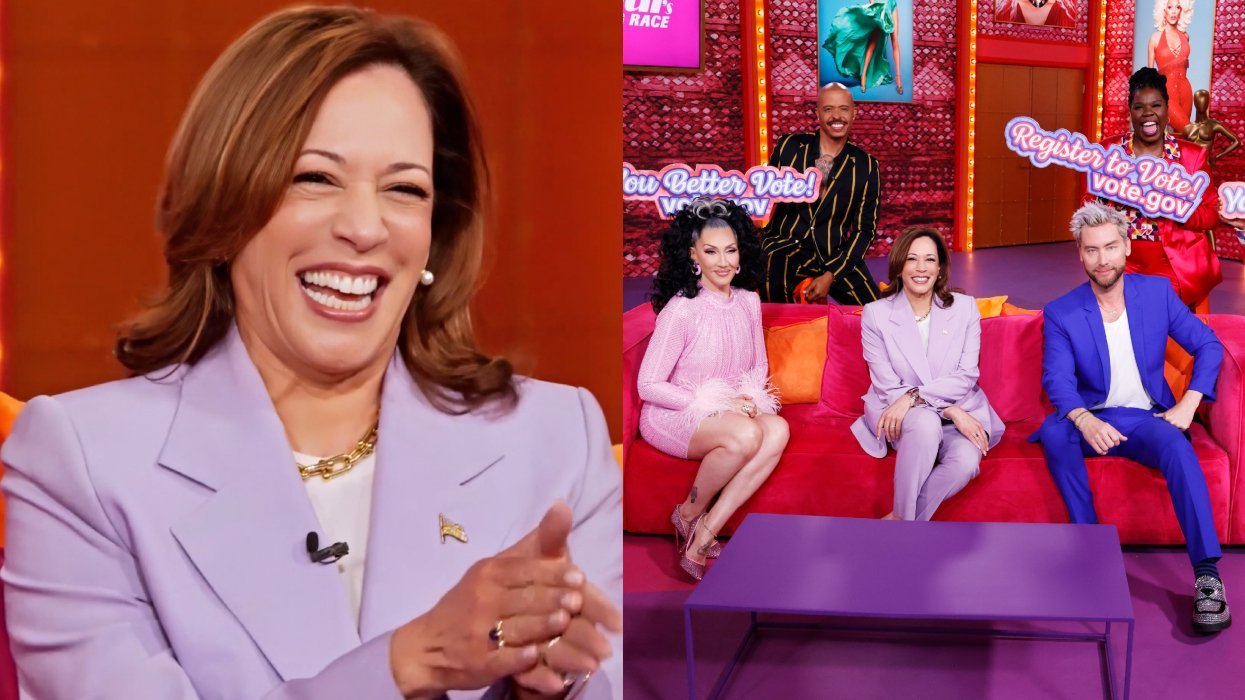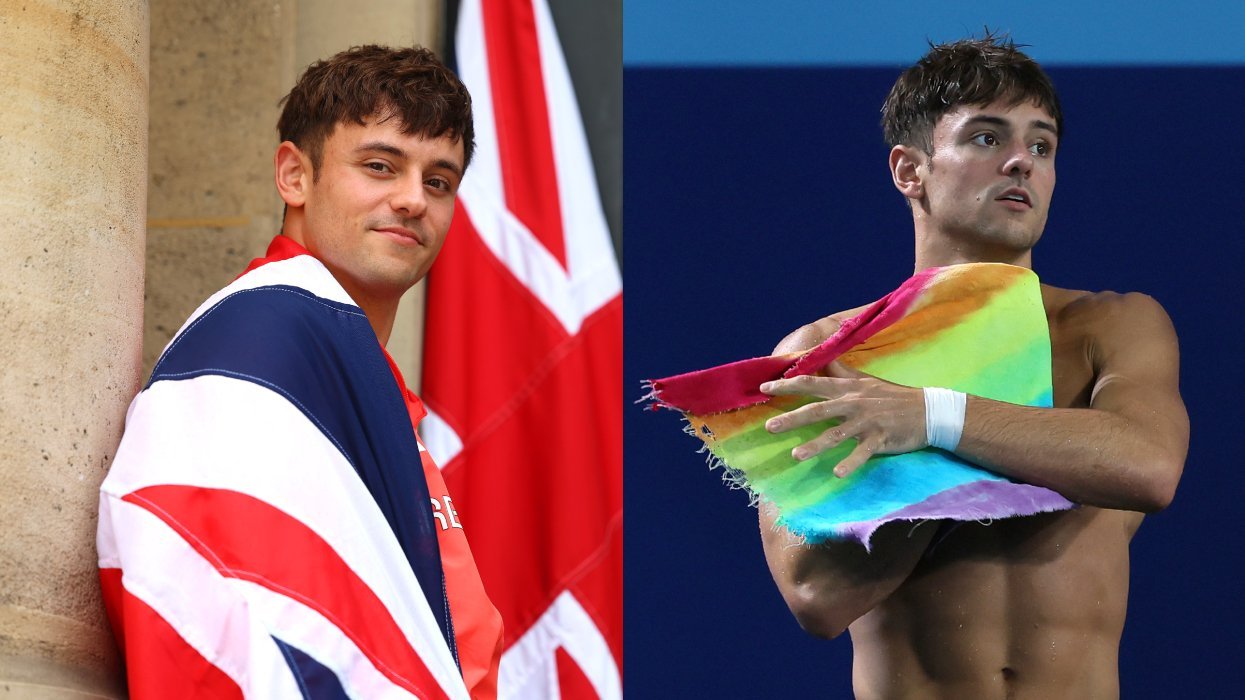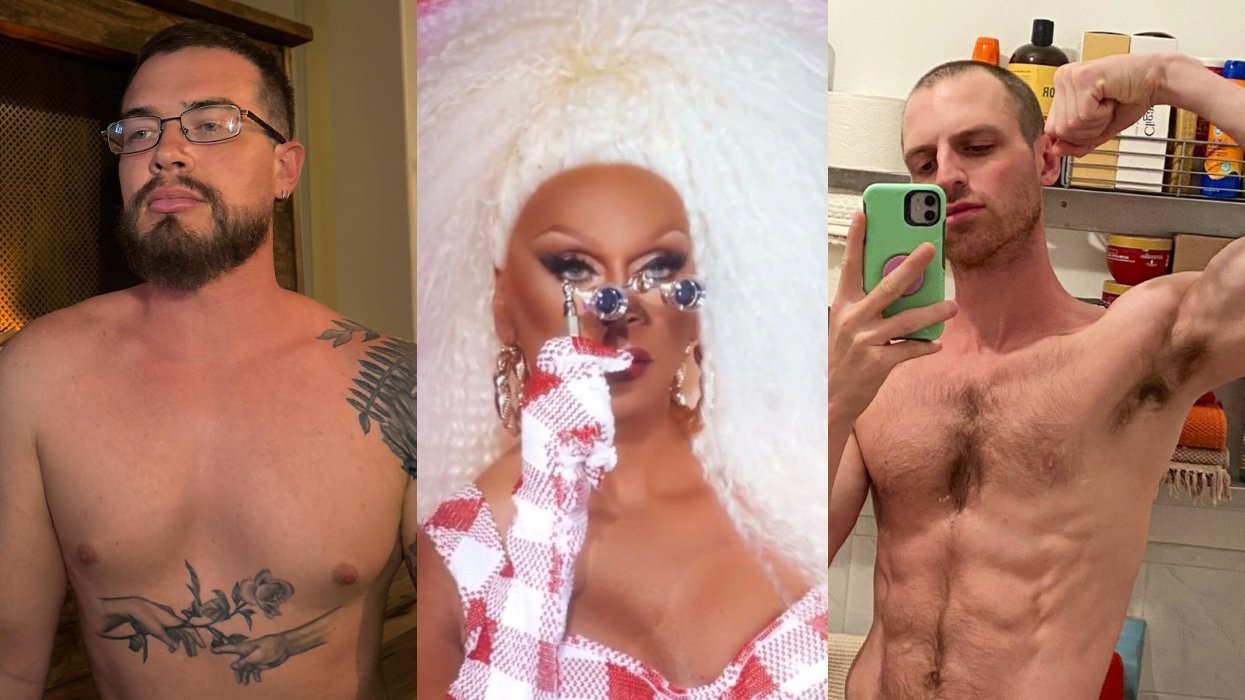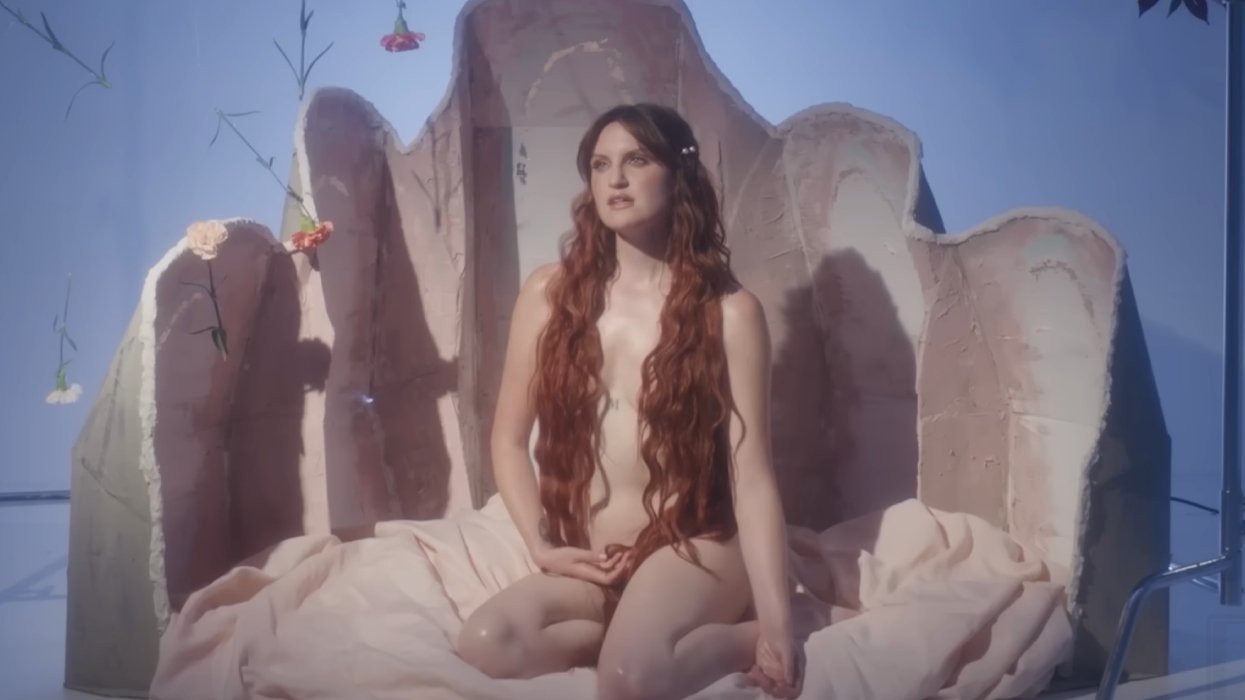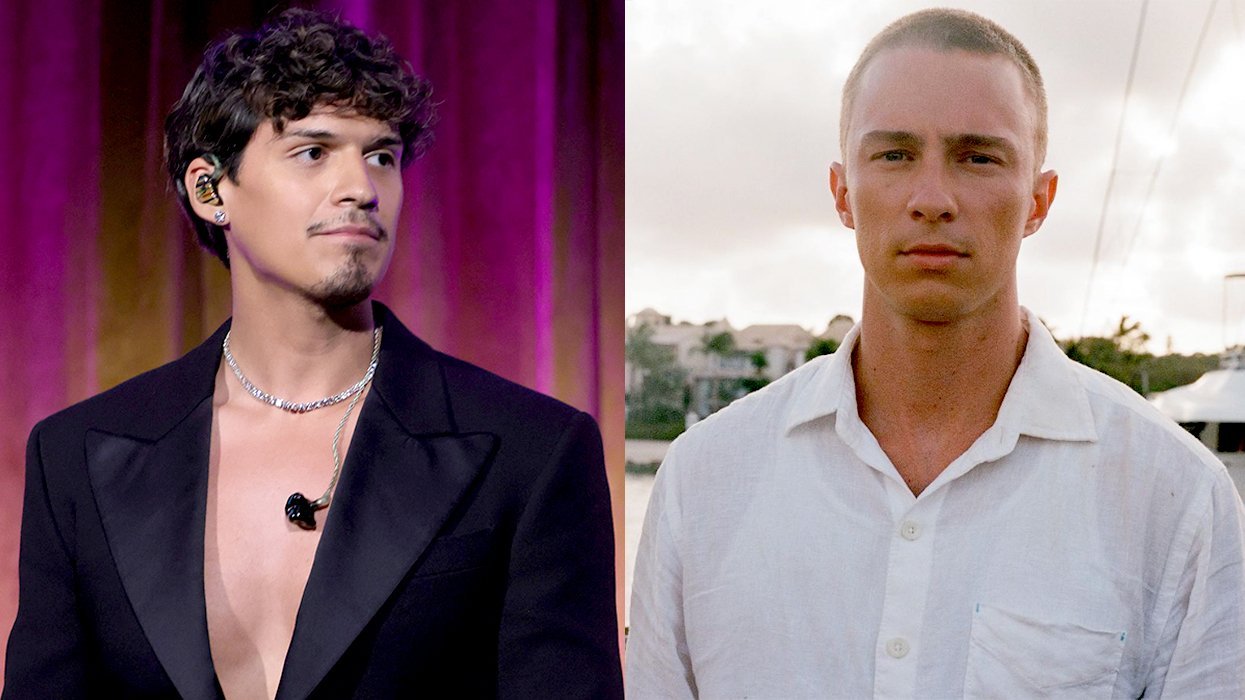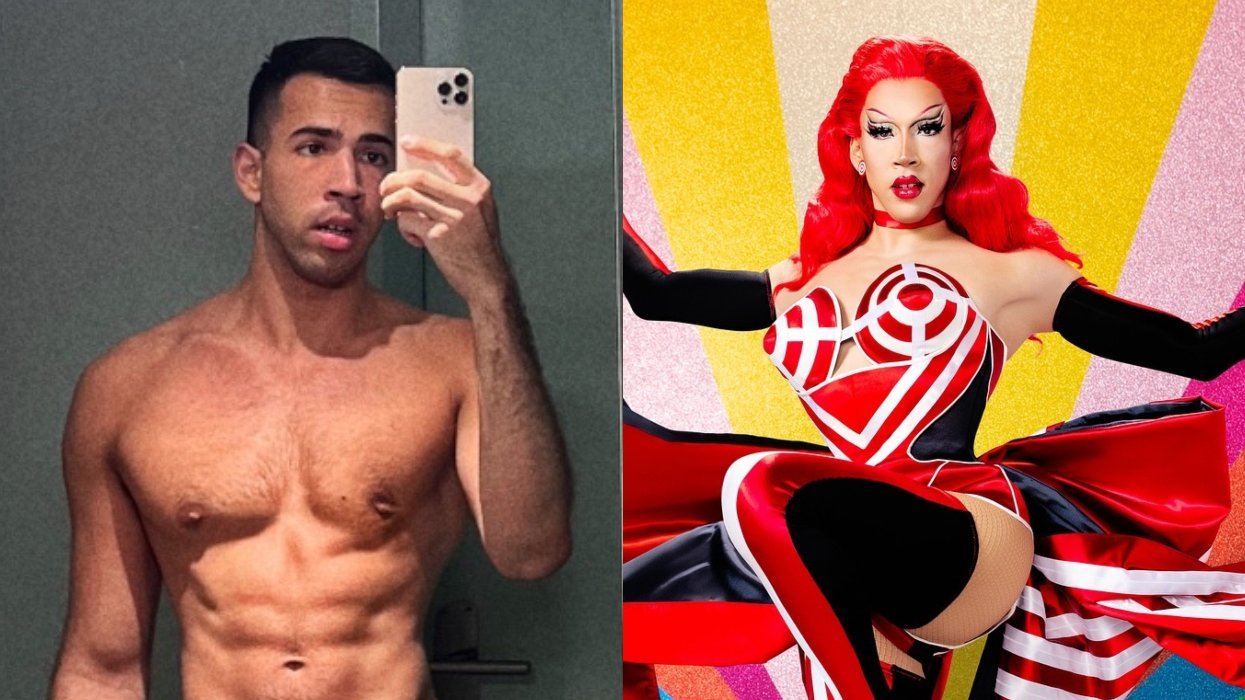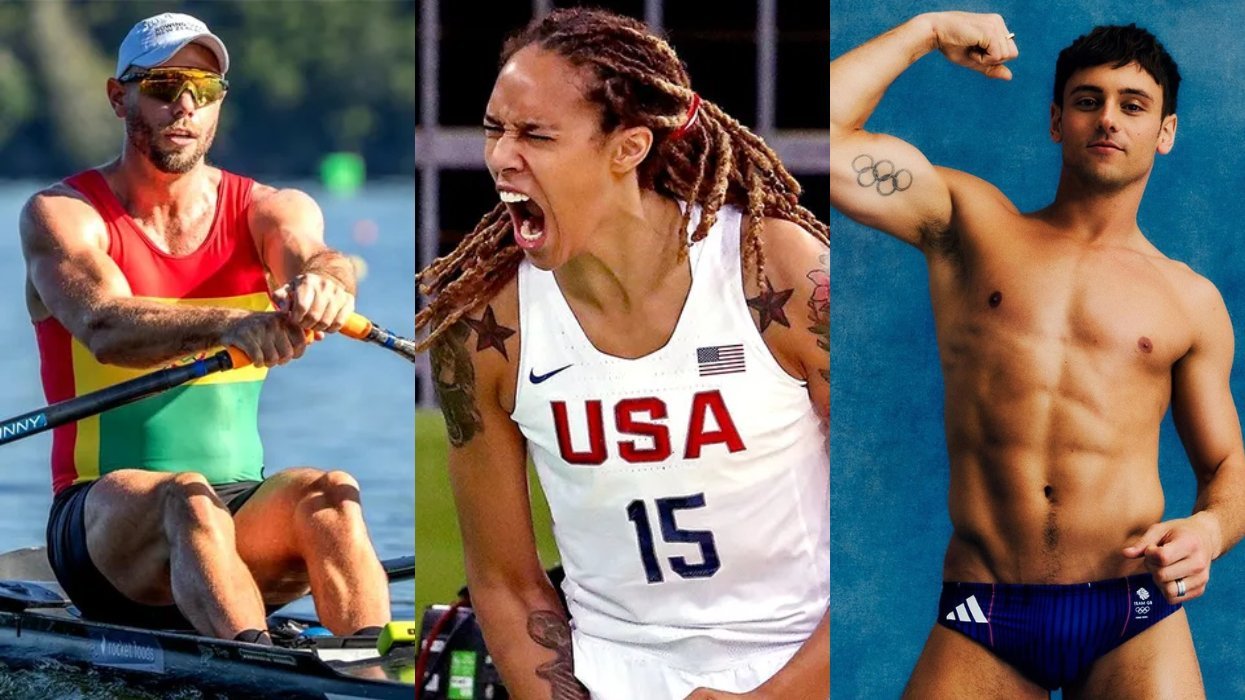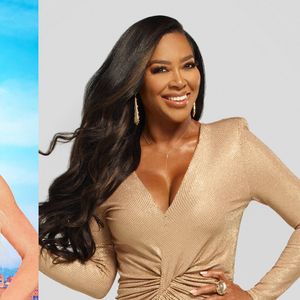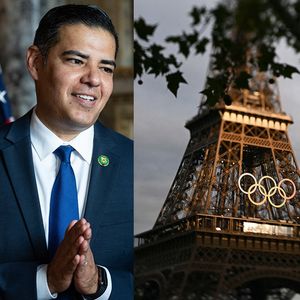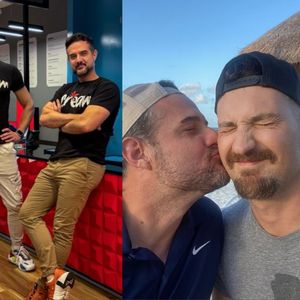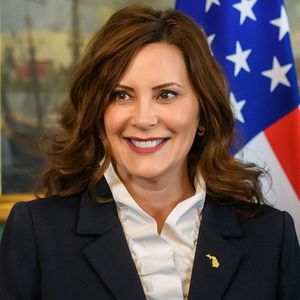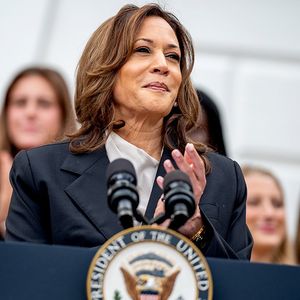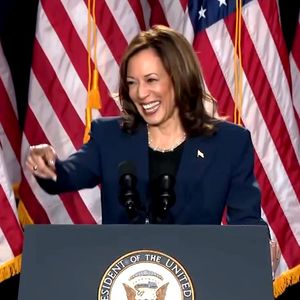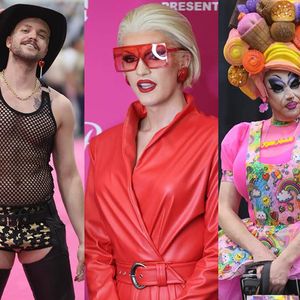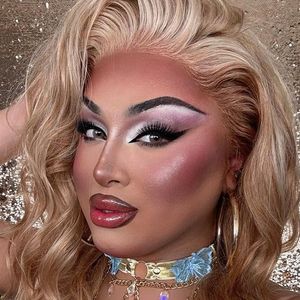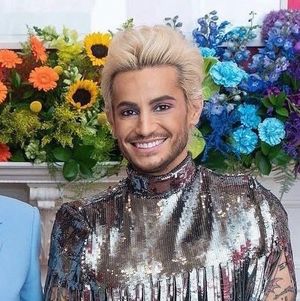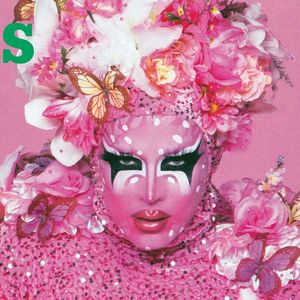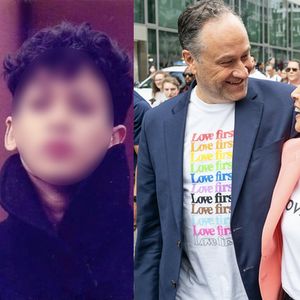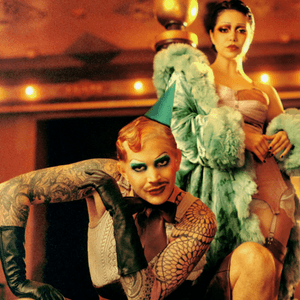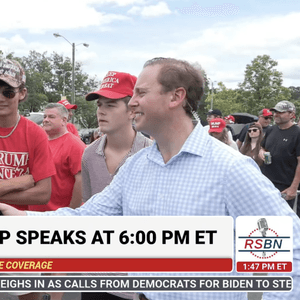Popnography
CONTACTStaffCAREER OPPORTUNITIESADVERTISE WITH USPRIVACY POLICYPRIVACY PREFERENCESTERMS OF USELEGAL NOTICE
© 2024 Pride Publishing Inc.
All Rights reserved
All Rights reserved
Scroll To Top
By continuing to use our site, you agree to our Private Policy and Terms of Use.
While recognition of the transgendered community may appear, at first look, as a new concept, history would tell us otherwise. Native American communities have long recognized, revered even, individuals who possess qualities from both sexes, saying that they benefit from having "two spirits." Tonight PBS will be premiering the documentary Two Spirits featuring the story of Fred Martinez, a member of the Navajo community who was blessed with this special gift. The outside world, though, did not see it in the same way and Martinez was killed. We got a chance to chat with director, writer and producer Lydia Nibley and media expert and consultant Cathy Renna about this film, part of PBS's Independent Lens series.
Out: The Navajo community has a reverence for those possessing both male and female attributes -- what are their beliefs on homosexuality?
Lydia Nibley: That sex is a gift and nothing to be ashamed of and that there is a range of possibilities in both male and female sexuality.
What traditions, if any, do the Navajo people reserve for people who have this duality? What do they believe that this coexistence of male/female spirits says about a person?
LN: Because the Dine prize the balance of the masculine and feminine, someone who has access to more of that balance is seen as having special gifts and insight to offer, as well as being able to participate in ceremonies in those sacred roles. Nadleeh people are seen as being blessed with good luck and it is still common at ceremonies and gatherings for traditional Navajo people to touch Nadleeh people for good luck.
Cathy Renna: As I learned more about these traditions -- knowing some before but mostly after my experience with Fred's murder -- it was very moving and sad to know that we live on soil that once celebrated all kinds of people. We know the history of what has been done to First Nations people and this is another example of a tragic loss of something amazing because of that awful history. I am heartened by and grateful for the experiences we, who are not Native-American or Two-Spirit, have had through this film and the people I have met and learned so much from.
What is the history of the "two spirits" belief? When can it be traced back to? How are these individuals treated today and how were they treated in the past?
LN: Many, but not all, tribal cultures in North America have a special role for Two-Spirit people. As Richard LaFortune (Yupik) says in the film, "We've had gay marriage on this continent long before it was a glimmer in the eye of Stonewall." Traditional people who know their languages and beliefs treat LGBT very well, but those who have adopted western beliefs often do not.
CR: There are a number of wonderful historian in the film, like Wesley Thomas, who delves into the history and nuances of Two Spirit traditions. There are also so many Two Spirit and Native LGBT voices in the film who tell their stories, which tell the story of people reclaiming their heritage and also dealing with so many issues all LGBT people can related to, it is so important, I think, for our own community to know and understand our own diversity and history and these voices are rarely heard. As someone who can be described as "gender non-conforming" (on a number of levels) it was bittersweet to learn so much of this. If only other cultures has such a deep understanding of human diversity, the world would be a much better place.
Is this a common belief amongst other tribes?
LN: PBS and Independent Lens has created a map of the world with information about some of the cultures that have recognized, revered, and integrated more than two genders.
Without giving away too much, how was the community surrounding Fred affected by this tragic event and what are they doing to heal?
LN: Many people were transformed by learning about Fred and who he was and had the potential to be. A gender neutral dress code was passed. The local paper received a GLAAD Award for their sensitive and intelligent coverage.
CR: As with all types of devastating hate crimes like this, the local community grew stronger and also bears the scars of this tragedy. Many of the activists involved are no longer in Cortez but are very still active in the LGBT community, like our wonderful PFLAG ally Betsy Stephens. I recently was in touch with one of the local activists who lived in Durango at the time and is still there, an out, proud lesbian who is a business leader in her community and making a difference. She recently saw the film and was very moved that this story is being told in such a way that it recognizes how many rallied around Fred and his family and that something good could come from this tragedy. One of the ironies of doing this work is that I have lifelong friendships that come from being in Cortez and other places like it. We have friends to thank for the way in which people's hearts and minds will be opened by this film and the lessons he taught all of us in how he lived his life as a proud, beautiful person who embraced his whole self.
Visit PBS's website to learn more about this film, premiering tonight at 10pm.
Watch the full episode. See more Independent Lens.
Previously > Cazwell Hosts Boombox on here! TV
Want more breaking equality news & trending entertainment stories?
Check out our NEW 24/7 streaming service: the Advocate Channel!
Download the Advocate Channel App for your mobile phone and your favorite streaming device!
From our Sponsors
Most Popular
39 male celebs who did full frontal scenes
June 05 2024 9:37 AM
38 LGBTQ+ celebs you can follow on OnlyFans
July 23 2024 2:33 PM
28 actors who showed bare ass in movies & TV shows
May 22 2024 5:21 PM
These pics prove that Maluma is still our supreme thirst trap king
May 22 2024 6:29 PM
26 LGBTQ+ reality dating shows & where to watch them
July 03 2024 4:21 PM
18 times male celebrities had to say they weren't gay
June 21 2024 2:58 PM
15 queens who quit or retired from drag after 'RuPaul's Drag Race'
July 09 2024 11:33 AM
15 Unforgettable Gay Kissing Scenes From TV & Movies
February 14 2024 10:20 AM
45 steamy celebrity Calvin Klein ads we'll always be thirsty for
June 18 2024 4:45 PM
Here's how long each Pit Crew hunk has been on 'RuPaul's Drag Race'
February 09 2024 2:16 PM
Latest Stories
A queer artist's journey from ballet to photography
July 24 2024 7:30 PM
10 of 'Love Island's most notable LGBTQ+ islanders
July 24 2024 3:37 PM
July 24, 2024
July 24 2024 10:53 AM
Matthew Macfadyen learned lots of colorful phrases from 'Deadpool & Wolverine'
July 24 2024 10:41 AM
'Deadpool & Wolverine' is foul mouthed fun—but how gay is it?
July 24 2024 10:24 AM
Give Benedict a male love interest in 'Bridgerton' season 4, you cowards!
July 23 2024 4:52 PM
All the 'Drag Race' queens on OnlyFans (& what they're showing)
July 23 2024 4:19 PM
MUNA's Katie Gavin is officially in her solo era, releases first single
July 23 2024 1:28 PM
Want to see Tessa's Testicles? 'Global All Stars' queen is now on OF
July 23 2024 11:23 AM
87 LGBTQ+ athletes we'll be rooting for at the 2024 Olympics
July 23 2024 11:01 AM







